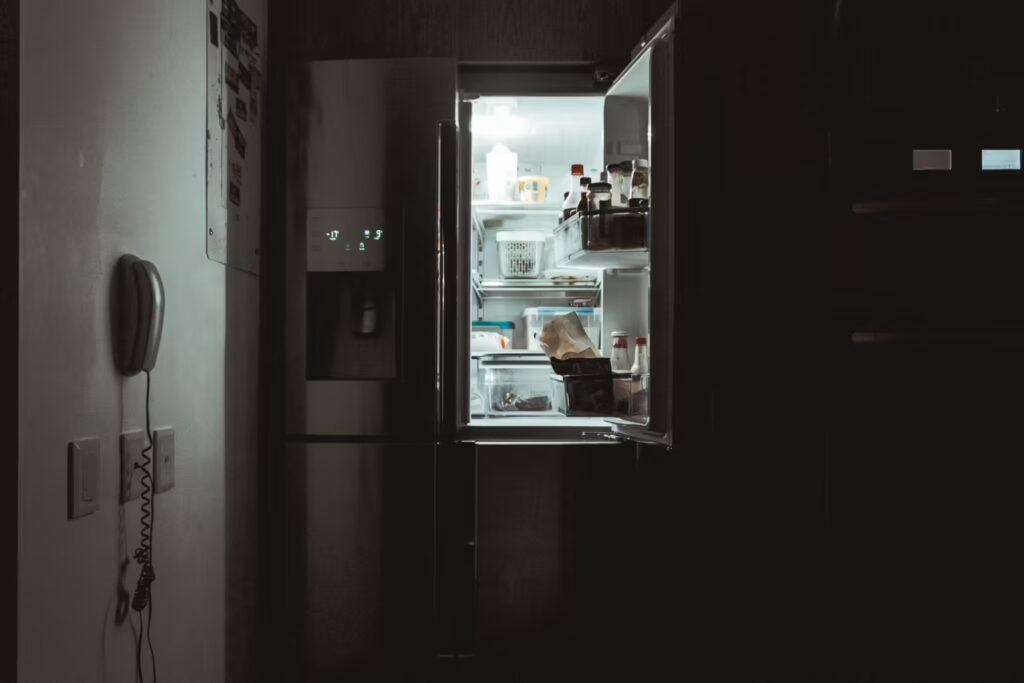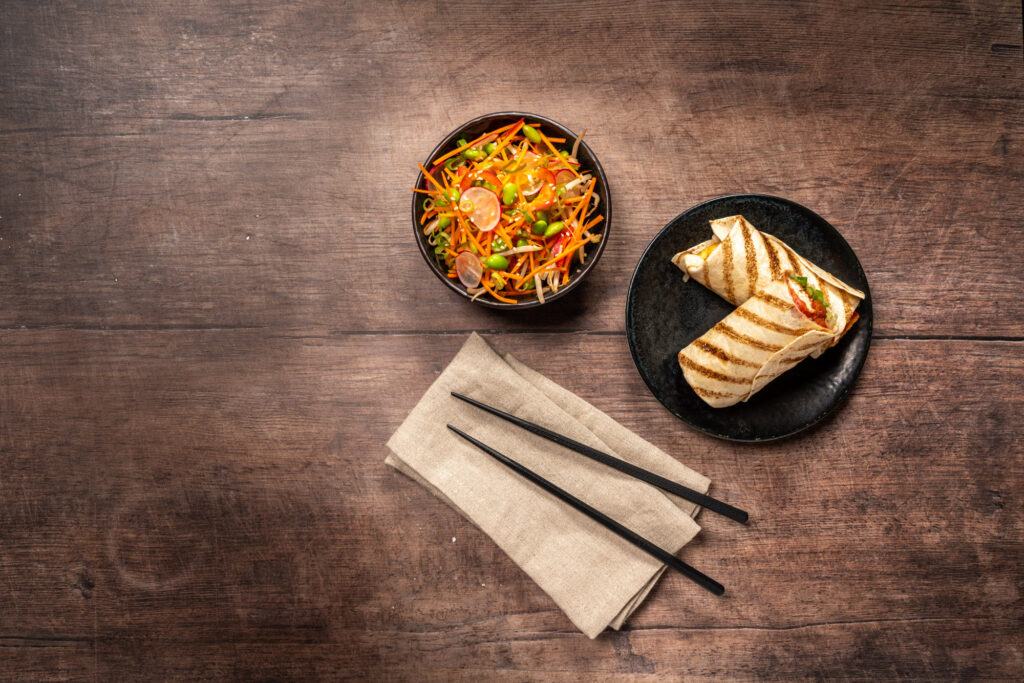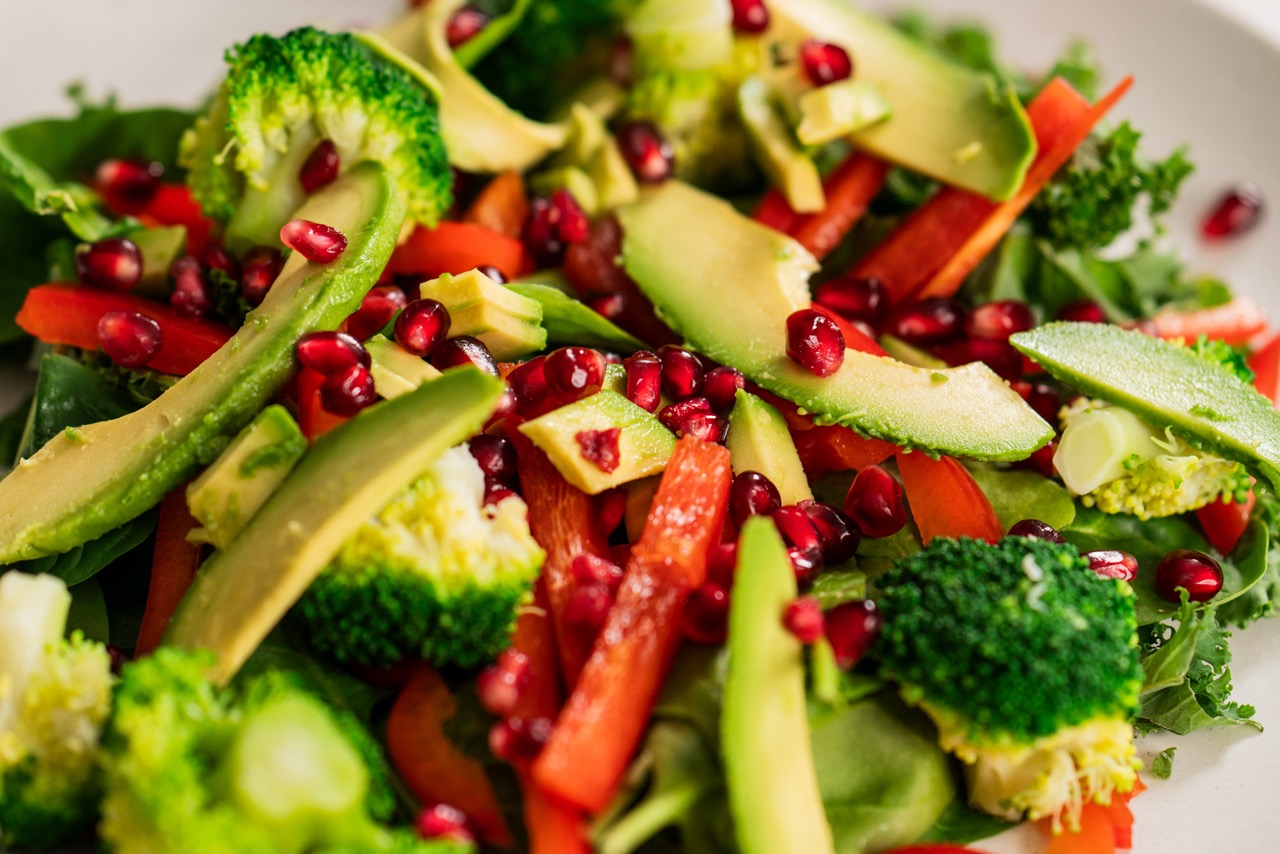Is It Bad to Eat After 6 PM? Debunking The Myth
In this article, we delve into the science behind meal timing, metabolism, and the role of convenient, healthy frozen foods and ready meals in supporting balanced eating habits.
As an introduction and deep dive into eating times or ‘time-restricted eating’ we thoroughly enjoyed the “Effects of Fasting & Time Restricted Eating on Fat Loss & Health | Huberman Lab Podcast #41”. But, we'll surmise some relevant sections below for those who don’t have 2.5 hours to spend on YouTube.

The debate surrounding whether eating after 6 pm contributes to weight gain or negatively impacts health has persisted for years. This common belief often leads individuals to impose strict dietary restrictions based on meal timing rather than nutritional content
We’ll save you some time: it isn’t bad, but what you eat after 6 pm can affect you negatively.
In this article, we delve into the science behind meal timing. Factors like metabolism, and the role of convenient, healthy frozen foods in supporting balanced eating habits.
The discussions around not eating after a certain time, or indeed before a certain time, all tie into the ideology of intermittent fasting. Which, subconsciously, we’re all doing as we don’t eat during our sleep.
Huberman’s key takeaway is “when you eat is as important as what you eat”, especially in consideration of liver health and mental health.

Understanding Meal Timing and Metabolism
Metabolism is the body's process of converting food into energy. Various factors, including meal timing, influence it.
Some people believe that metabolic activity slows down in the evening, making it harder to burn calories efficiently.
However, current research suggests that the impact of meal timing on metabolism is more complex than previously thought.
The Truth About Late-Night Eating
Contrary to popular belief: eating after 6 PM does not inherently lead to weight gain.
But, Huberman explains, ‘after eating there is a period of time required for digestion - as this is an active process, it requires energy’. If you’ve left it late, you’re not going to digest.
Weight management is primarily influenced by the balance between calorie intake and energy expenditure throughout the day.
While meal timing can affect digestion and sleep quality, it does not determine weight loss or gain.

Factors to Consider for Healthy Eating
While the time of day you eat matters less than your overall calorie intake, choosing nutrient-dense foods is crucial for maintaining health. This is where convenient, healthy frozen foods and ready meals can play a beneficial role. These options offer:
- Convenience:
Healthy frozen foods and ready meals are convenient options that save time and effort, especially during busy evenings when cooking from scratch may not be feasible. They provide a quick and easy solution without compromising on nutritional quality.
- Nutritional Value:
Our frozen and ready meals are designed to be balanced, providing essential nutrients like proteins, carbohydrates, and healthy fats. Opting for options with whole ingredients and minimal additives supports a well-rounded diet and ensures you get the nutrients you need. Therefore avoiding foods which can be difficult to digest.
Practical Tips for Balanced Eating
Whether you choose to eat after 6 pm or not, consider the following tips to maintain a balanced eating pattern:
- Portion Control:
Pay attention to portion sizes and listen to your body's hunger cues to avoid overeating, regardless of the time of day.
- Meal Composition:
Opt for meals that include a mix of vegetables, lean proteins like chicken, and whole grains. Healthy frozen foods and ready meals can provide a convenient way to achieve this balance, ensuring you get a variety of nutrients in each meal keeping the shopping list short, and cooking time shorter.
- Healthy Choices:
Look for options that are low in saturated fats, sodium, and added sugars. Reading labels can help you make informed decisions about your food choices and select healthier options. The Food Standards Agency’s ‘Traffic Light System’ is designed to be an at-a-glance reference. (Our Tender Chicken Tikka Masala achieves 'all green')

Conclusion
In conclusion, the notion that eating after 6 pm is inherently unhealthy or leads to weight gain lacks scientific support.
Instead, focus on overall dietary patterns. Choosing nutrient-rich foods, and incorporating convenient, healthy frozen foods or ready meals into your routine. These options can provide a practical solution for busy schedules without compromising nutritional quality.
By embracing a balanced approach to eating and incorporating convenient, healthy frozen foods or ready meals into your diet, you can support your overall health and well-being. Remember,
the key to a healthy diet lies in moderation, variety, and making choices that align with your lifestyle and preferences.
Lastly, if you find yourself eating late, or close to bedtime, here are a couple of tips. ‘EatingWell.com’ suggest drinking water and sitting upright both support digestion. If there’s time, a walk 30 minutes after eating will speed the digestion process up.






